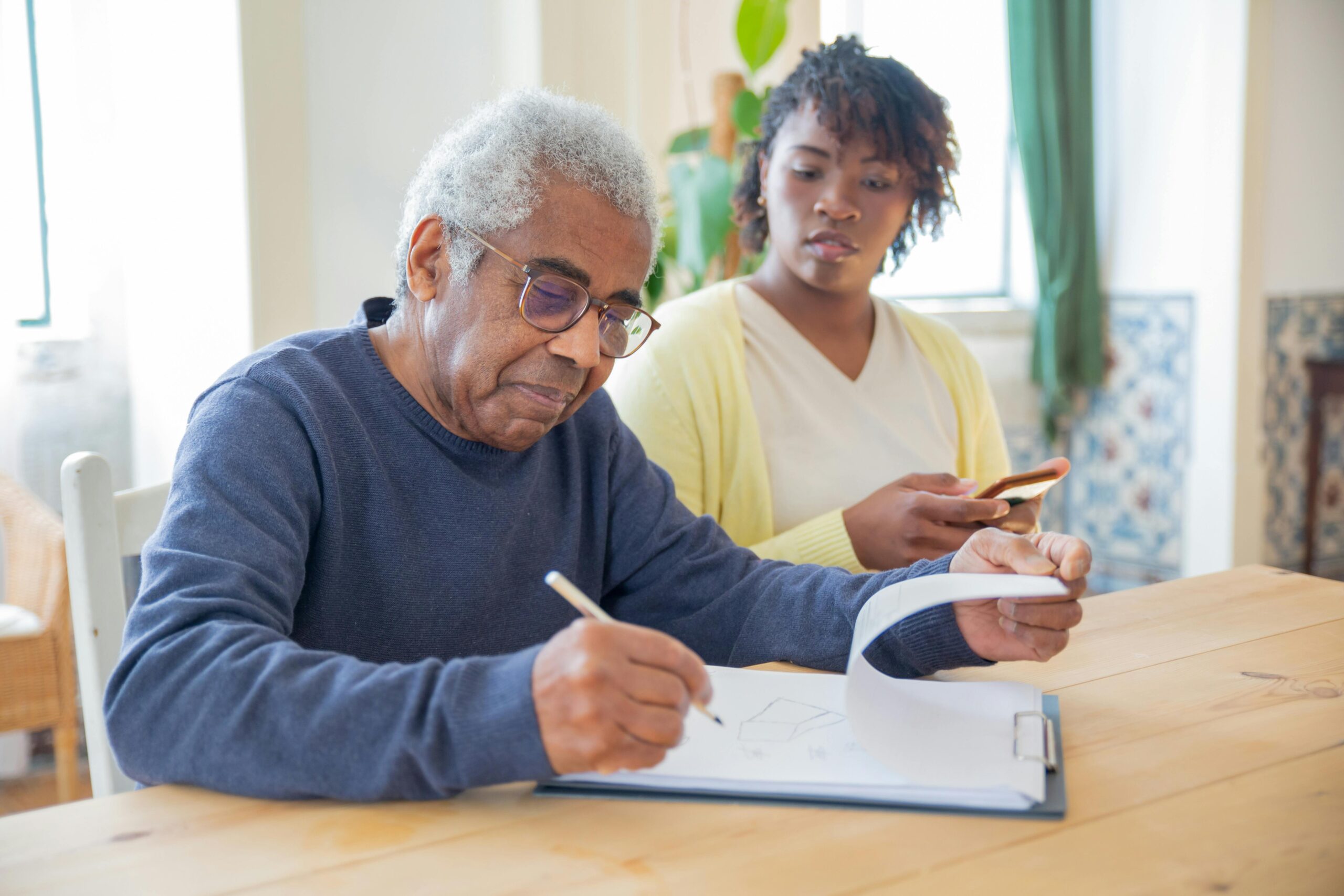As we launch our new training resources to aid care workers in supporting people with their personal and sexual relationships, we speak with Lizzie Winkfield, who draws on care and support, about why this is so important.
Skills for Care (SfC): Tell us about yourself Lizzie
Lizzie (L): I’m an acquired brain injury survivor and I’ve been drawing on care and support since 2009. I have a care company which comes out to my house to support with tasks such as cooking, cleaning, running errands and personal care. I’m a mum and a wife, and I provide training about personal and sexual relationships to adults with a learning disability and care workers. I’m the Company Director of the U-Night Group and that I work for Spring Into Action who run Meet N Match the friendship and dating agency for adults with learning disabilities.
SfC: Why do you think it’s important that care workers have the skills and confidence to support people with their sexual and personal relationships?
L: It’s a very taboo subject. I feel like it’s a topic we don’t talk about enough within the care sector, and I think there’s an element of fear or uncertainty about not knowing what to say or saying the wrong thing. It can be quite embarrassing for care workers to talk about, and of course people also have their own individual experiences and beliefs around sex and relationships and so it can be something that people find difficult to talk about.
It’s important that care workers can provide factual information to the people who they support, and that the support or information they offer isn’t influenced by their own experiences or attitudes which could be negative.
There can be an opinion that it’s unsafe to talk to people who draw on care and support about sex and relationships, or for them to go to certain places or meet certain people, but the most unsafe thing is actually not to talk about it.
We need care providers to be proactive in supporting the people who they provide care and support to with this part of their lives, not only reactive if an issue was to arise.
They need to think about the person they support, and all elements of who they are – including their romantic and sexual lives and needs. At the end of the day, everyone has the right to a relationship.
SfC: What has been your experience of people supporting with personal and sexual relationships?
L: I just don’t think anyone talks about it. Many organisations I’ve experienced don’t have any policies in place to support people with personal and sexual relationships. Without a clear policy and guidance in place people won’t know how to talk about it and I think they might feel scared to do so. They need guidance from the top down telling them it’s ok to talk about this, it’s ok to provide advice and help, and explaining how that can be done correctly.
There are also health elements to consider. People need to know how to check for lumps and bumps in all areas of their body for example, but if we never talk about these parts of our bodies, we won’t know how to do an examination or spot if something feels different.
On a lighter note, there’s elements of our sexuality we should all be able to enjoy – for example shopping for nice underwear. This shouldn’t be something that’s off-limits for example if accompanying someone you support on a shopping trip.
It’s also really important that care workers can support people to build a healthy relationship and understand the difference between healthy and unhealthy relationships. It’s also important that these relationships do have a real foundation, for example going on dates outside of the organised social group or going round to each other’s homes.


